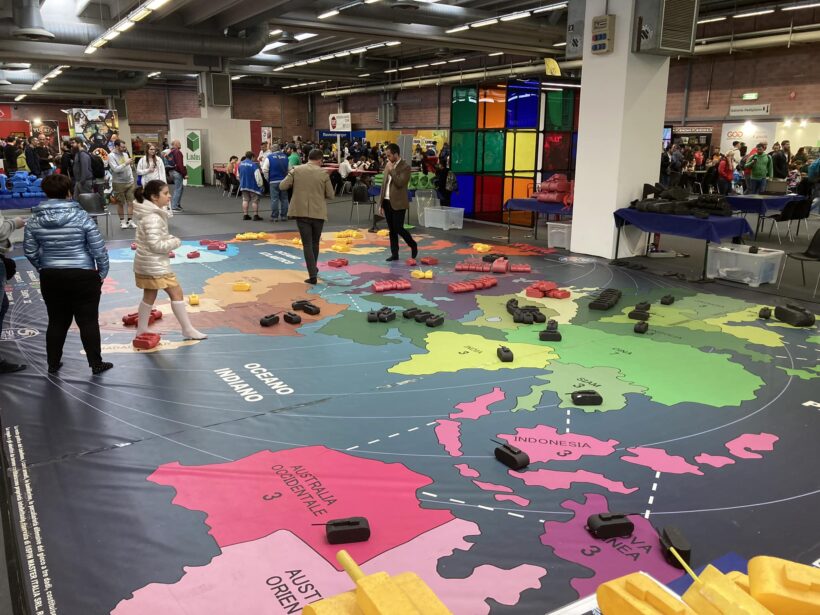PISA stands for Programme for International Student Assessment. PISA is not a test, but rather a contribution to decision-makers by measuring the performance, wellbeing and equity of students in their respective education systems. The study was conducted with 700,000 students in 81 countries and represents 29 million 15-year-old students.
I repeat that PISA is not a test of knowledge. The drivers of this programme, the OECD (Organisation for Economic Co-operation and Development) understood that the world increasingly rewards people not for what they know, but for what they can do with what they know. A higher PISA score means having the ability to extrapolate from their knowledge and apply it creatively to unfamiliar situations and cross boundaries.
The most important conclusion from the PISA results is that education systems are capable of delivering quality instruction, along with equitable learning opportunities, and that “excellent education can be pursued not at the expense of student wellbeing, but through the wellbeing of students”.
In reading, mathematics and science, Chile ranks in the middle of the table. It is in first place in Latin America, of course above Mexico, Brazil, Uruguay, and Argentina. Compared to European countries, we are statistically equal with Slovakia in reading, with Moldova and Bulgaria in mathematics, and with Greece, Iceland and Serbia in science.
PISA found in 2012 that students who have less anxiety in mathematics do better in this area. It is striking that Chile’s result in mathematics is obtained even though our country shows one of the highest rates of mathematics anxiety. Learning in general is also determined by the attitude towards the subjects and that is why the attitude that education professionals transmit to their students is so important.
An optimistic attitude will determine students’ performance and learning. A society like Chile’s that lives in negativism, depression, and catastrophism does little to encourage children and young people to believe in themselves and their abilities.
Few countries improved their results between 2018 and 2022. The vast majority declined in mathematics and reading, while science showed very little decline in performance. Norway’s 30-point drop in mathematics and Finland’s 30-point drop in reading are striking. Meanwhile, Chile, which was one of the countries where face-to-face classes were suspended the longest due to the COVID-19 pandemic, remained very close to the 2018 performance in each of these areas, with almost no change in science.
Teacher engagement and student engagement appears as the variable that best explains this result for Chile. At Fundación Semilla we said it then and it is reaffirmed with PISA data that teachers were at the forefront; they reinvented themselves to new pedagogical methodologies and showed great commitment and engagement with students.
For the sake of education and without complacency, it is good to see the half-full side of PISA.
The full report can be found here






